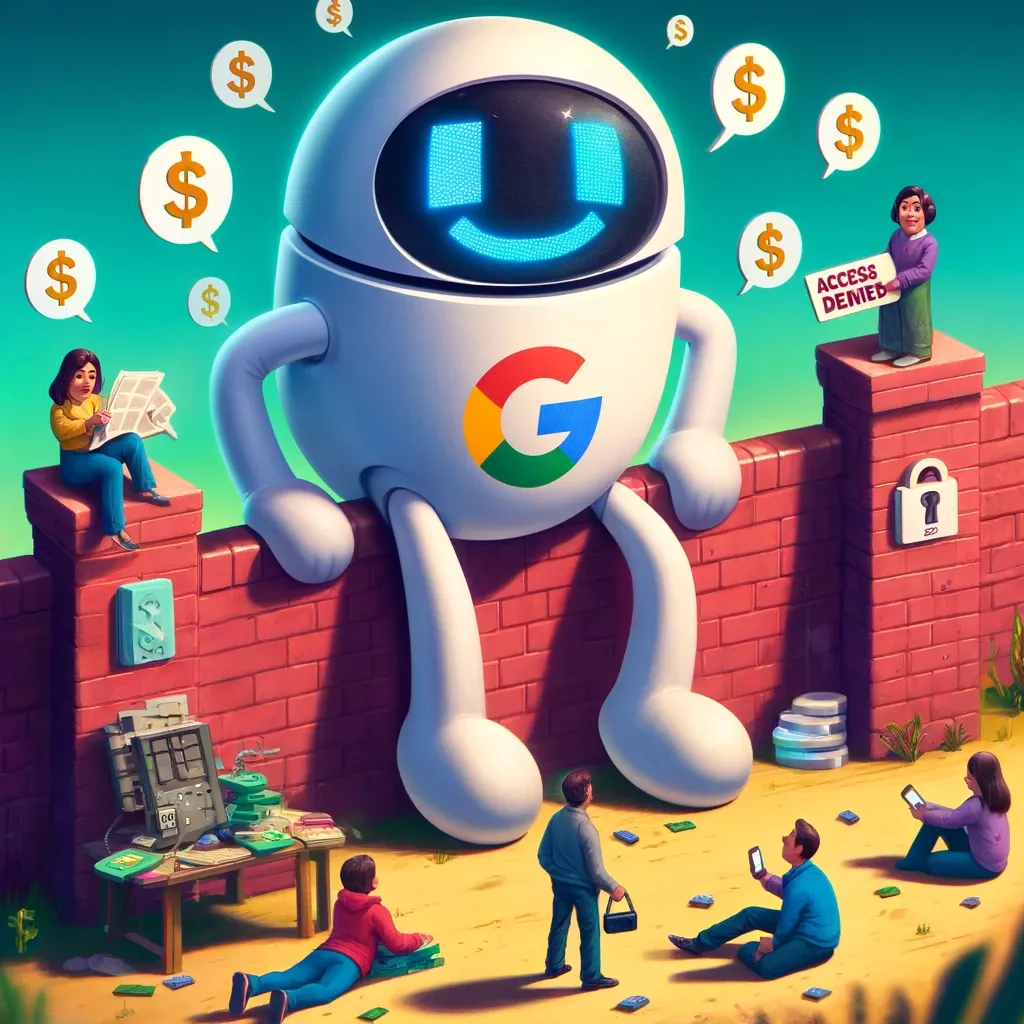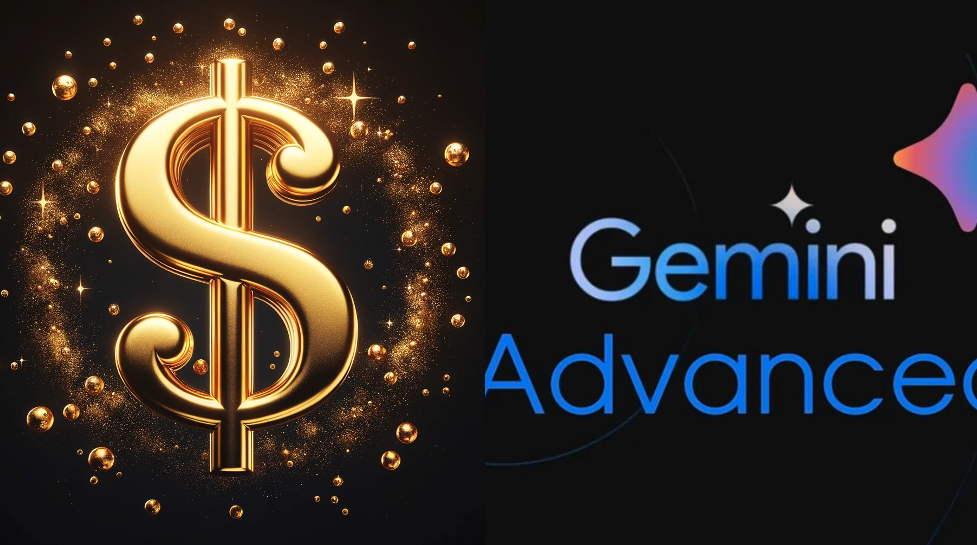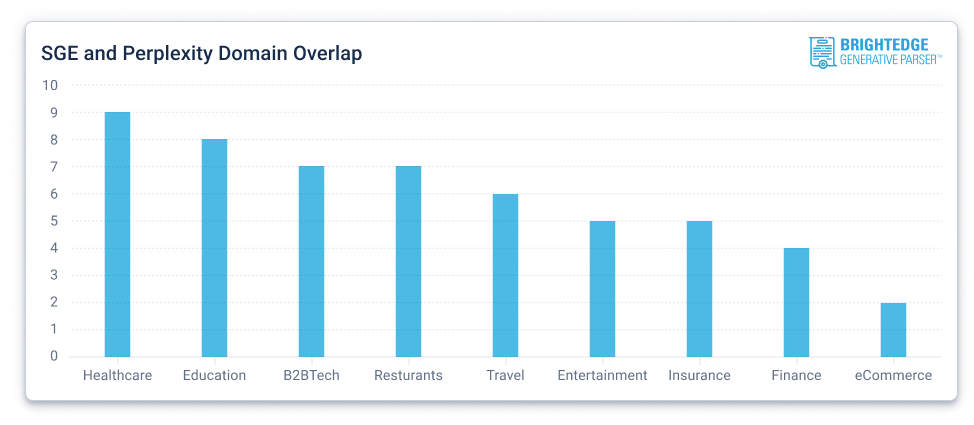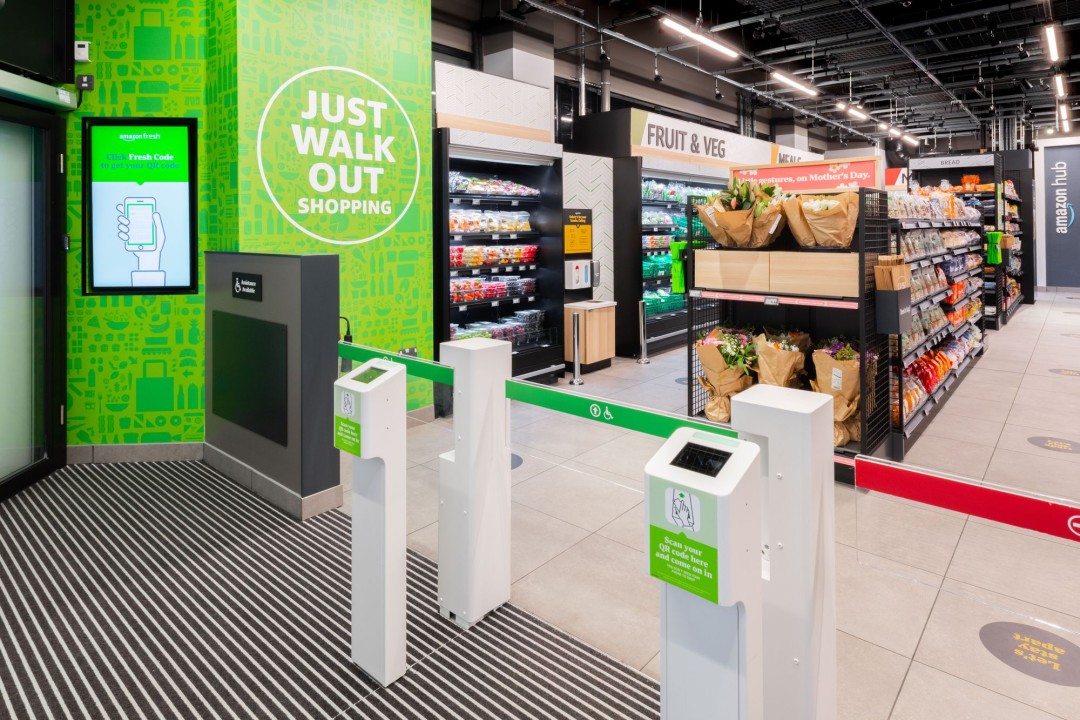Google AI Paywall, Perplexity - Google Overlap, Just Gave Up

Google May Put AI Behind Paywall
When Google changed Bard's name to Gemini and introduced Gemini Advanced in February, the company also rolled out a $20 per month subscription, bundling Gemini Advanced into a new Google One AI Premium Plan with more storage. Now comes a report from the Financial Times that Google is considering putting AI search capabilities behind a paywall. "Google is looking at options including adding certain AI-powered search features to its premium subscription services." The article is unspecific about whether SGE would remain outside the paywall or whether it too would be folded in. We then could have "Google Classic" and Google AI search as parallel universes. It's also unclear whether paying subscribers would simply get a different search experience (sort of like Google Labs today) or whether there would be a different entry point for Google's AI experience. The article suggests all the technology is ready but that there may be internal indecision or strategic confusion over how to proceed. Part of this is apparently motivated by the higher costs of delivering AI results. Yet another angle undoubtedly involves protecting Google's search ads business from disruption while offering an AI experience to compete with ChatGPT, Perplexity and others.

Our take:
- Many SEOs would be pleased if SGE went behind a paywall. It's not clear that will happen; there will probably be some sort of announcement at Google I/O.
- The percentage of people who would pay for a Google AI search product, which wouldn't necessarily be ad free, is likely a fraction of the total search user base.
- If true, this is a fascinating attempt by Google to "have it both ways" – to hold on to the past while trying to compete with emerging AI rivals.
Report: 60% Perplexity - Google Overlap
Research from BrightEdge found that there's a 60% overlap between Perplexity citations and Google organic search results (in nine verticals). BrightEdge also found that "referrals from Perplexity to brand sites are growing at nearly 40% month over month since January." From this, the SEO tool provider infers that Perplexity is indeed being used as a search engine, which is increasingly how the company is positioning itself. Of all the AI tools, Perplexity is making the most direct run at Google. As part of its study, BrightEdge also looked at overlap between Perplexity and Google SGE results (chart below). Healthcare showed the biggest overlap among the nine verticals, while e-commerce/product search had the lowest. In some cases there was a massive gap in rankings between domains featured in Google SGE and those in Perplexity. However, Reddit is one that figures very prominently in both. There are different traffic and usage numbers floating around but the consensus is that Perplexity visits and active users are growing. However, they remain a tiny fraction of Google usage.

Our take:
- The report is interesting. It's worth monitoring Perplexity, but there's not much to do at this point. Ads may present a near-term traffic opportunity.
- However, BrightEdge offers a range of specific Preplexity "SEO" recommendations. Most simply reflect general SEO best practices for Google.
- BrightEdge also suggests focusing on specific domains and aggregators favored by Perplexity. Many of these will also rank in Google (e.g., Reddit, Tripadvisor).
'Just Walk Out' + Other Shiny Objects
People working in technology are typically more star struck by shiny new objects than "regular people." And because of that we often overestimate the impact or uptake of new technologies. Virtual Reality/Augmented Reality are prime examples. As impressive as they are, they haven't broken through and become mainstream, despite years and years of effort. Apple VisionPro is a technical masterpiece but probably a commercial flop. Amazon's "Just Walk Out" cashierless technology was the "future of retail" when it was first introduced in 2018 in Amazon Go stores, and others raced to copy it. But now it appears Amazon is sunsetting Just Walk Out at its grocery locations in favor of smart carts. Similarly, more basic retail self-checkout systems – themselves a "future of retail" technology at one time – are being abandoned right and left. Self-driving cars is another example of a technology that hasn't lived up to the hype, although it still could. And EV sales have slowed down, though they will likely rebound. AI's potential disruption of search could also be a casualty of inflated expectations.

Our take:
- The introduction of an impressive new technology does not automatically mean people will buy it – literally and figuratively.
- For all its brand and market power, Google famously has introduced and killed at least 150 products over the years.
- AI, for its part, is a profound and disruptive technology. But it won't likely displace Google search any time soon, though could chip away at usage.
Recent Analysis
- Near Media podcast: Google goes to Brussels and attempts to defend their DMA compliance.
- ICYMI: Cyrus Shepard on Making Sense of Google Updates, Being a Quality Rater & the Future of SEO, by Greg Sterling.
Short Takes
- Report: Google wants to buy Hubspot for $30+ billion.
- New next Local Pack result advance button test.
- Microsoft argues Bing's market share is actually 23% not 17%.
- How a Google "Gemini inside" iPhone might work.
- Nextdoor rolls out an Ads API to generate more ad volume.
- Google Ads extension tests "send this number to your phone."
- Waymo self-driving cars will deliver Uber Eats in Phoenix, AZ.
- OpenAI announced new ability to edit DALL·E images in ChatGPT.
- Opera and Brave incorporate AI assistants into their browsers.
- The DMA has given birth to new third party app stores in Europe.
- Partisan sites masquerading as genuine local news publishers.
- Musicians make a moral argument against AI.
Listen to our latest podcast.

How can we make this better? Email us with suggestions and recommendations.

